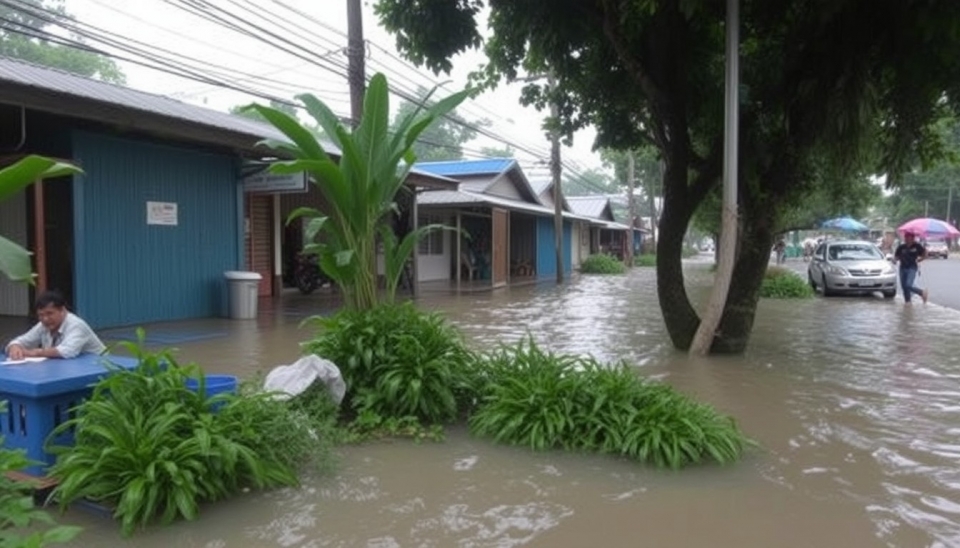Thailand's Economic Growth Quickens Amid Uncertainty in Stimulus

Recent data shows that Thailand's economy is demonstrating robust growth, increasing by 4.9% year-on-year in the second quarter of 2024. This exceeds economists' expectations, who had predicted a more modest growth of 4.7%. The main drivers of this growth include increased consumer spending and a recovery in tourist activity following the pandemic.
However, despite these positive indicators, the country's economy faces numerous challenges. One of the primary factors contributing to uncertainty is the lack of a clear economic stimulus program from the new government formed after the elections. Experts express concern that the absence of such measures could negatively impact the future prospects for economic growth.
Additionally, in recent months, there has been a slowdown in the rate of inflation, which may also create favorable conditions for consumers and businesses. While the inflation rate in Thailand remains above the Central Bank's target levels, it is decreasing, allowing proposed state support measures to be more effective. This could also encourage consumers to actively spend their funds, further boosting the economy's growth.
Analysts emphasize that economic strengthening also depends on global trends, including commodity price dynamics and trade volumes. The situation on the international stage could influence Thailand's economic activity, as the country is heavily reliant on exports and imports.
In conclusion, while Thailand's economic growth looks promising at the moment, maintaining this trend depends on a range of internal and external factors, including the availability of stimulus measures from the new government.




